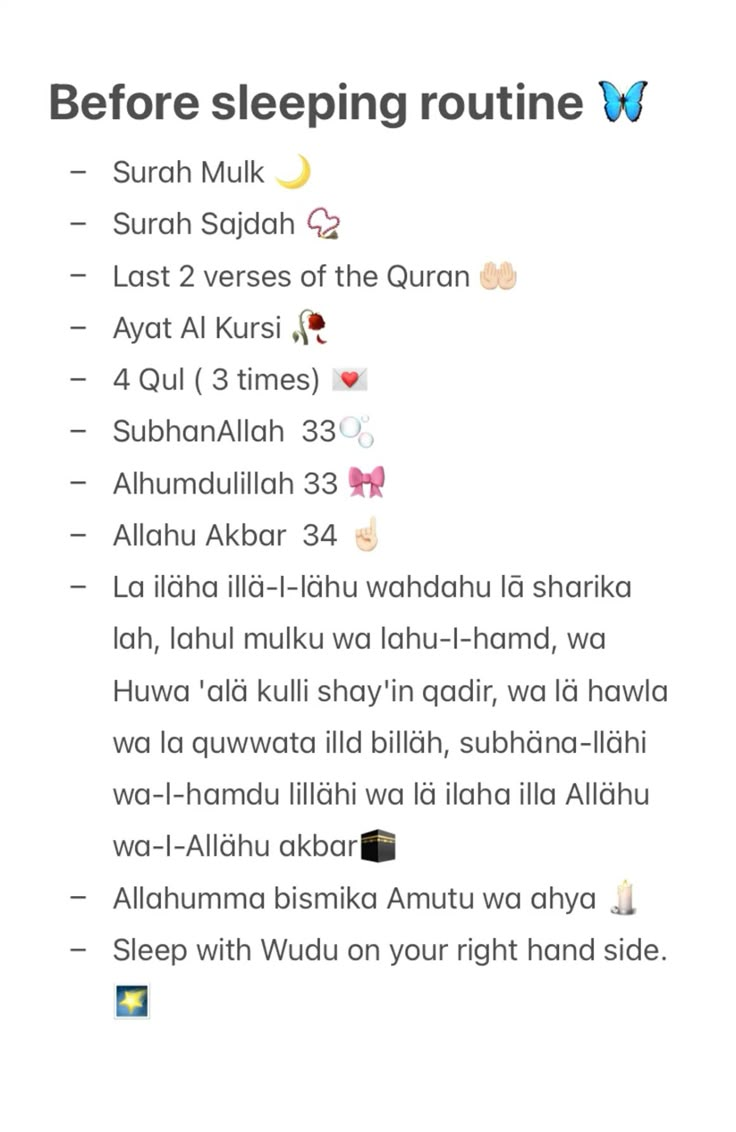 Managing Energy Levels: Sleep and Productivity Tips for Women During Ramadan
Managing Energy Levels: Sleep and Productivity Tips for Women During Ramadan
Ramadan brings its own set of challenges, especially when it comes to balancing fasting, worship, and daily responsibilities. With long days of fasting and late-night prayers, it’s easy to feel drained, but with the right strategies, you can maintain your energy levels and stay productive throughout the month.
Let’s explore simple yet effective tips to help you manage your sleep and productivity so you can feel your best during this blessed month.
1. Prioritize Quality Sleep
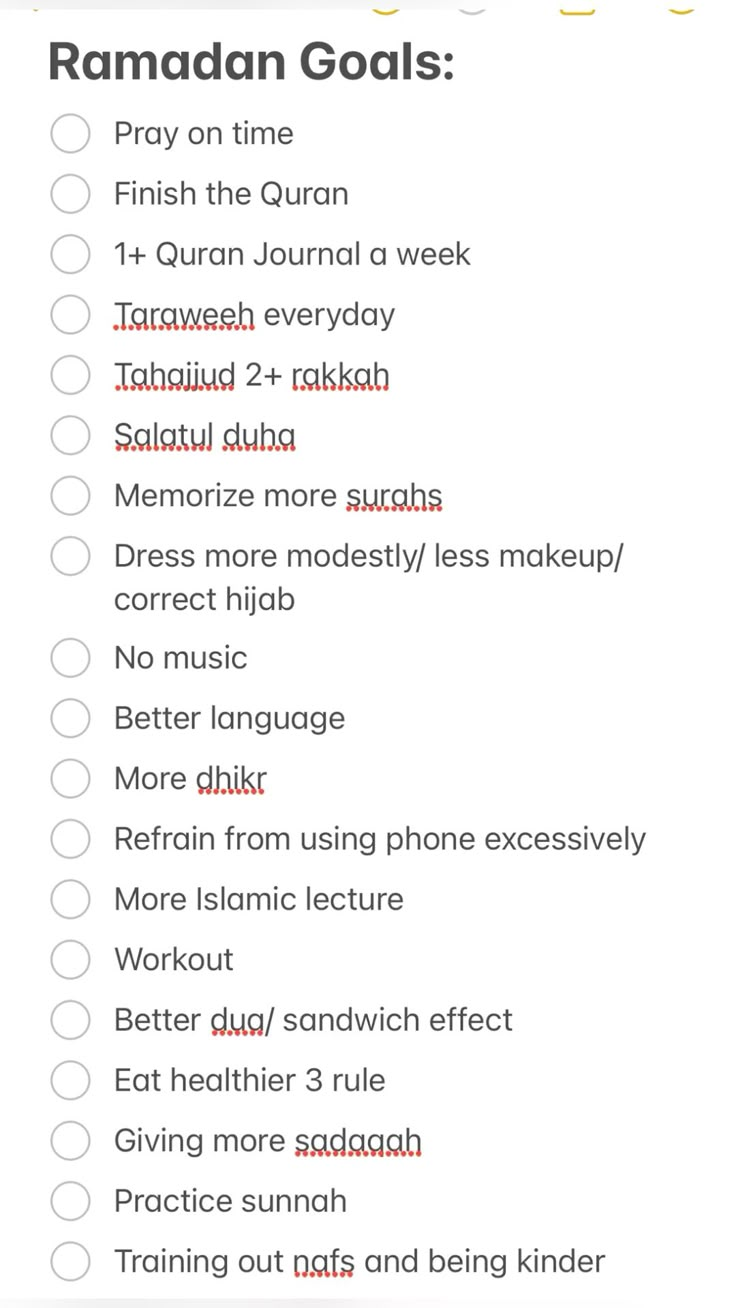
Sleep is crucial for restoring your body, especially during Ramadan when you’re fasting and engaging in extra prayers. Getting restful sleep will help you stay energized and focused throughout the day.
✅ What You Can Do:
- Aim for 6-7 hours of sleep each night, even if it means adjusting your schedule to take short naps during the day.
- Try to sleep after Taraweeh prayers—taking a nap between suhoor and Fajr can also help recharge you.
- Create a bedtime routine: Avoid screens, engage in dhikr or read Quran to wind down.
🔹 Pro Tip: If you’re struggling to sleep after Taraweeh, try using calming essential oils like lavender or chamomile on your pillow for a relaxing atmosphere.
2. Manage Your Sleep Environment
A comfortable sleep environment can significantly improve your quality of rest. During Ramadan, it’s even more important to optimize your sleep space for relaxation and rejuvenation.
✅ What You Can Do:
- Keep your bedroom cool and dark to help your body relax and fall asleep faster.
- Use blackout curtains or an eye mask to block out light if you’re sleeping during the day.
- Limit noise by using earplugs or playing calming music or white noise to help you drift off.
🔹 Pro Tip: Invest in a good mattress and pillow to support your sleep posture and prevent discomfort.
3. Stay Hydrated, But Be Strategic
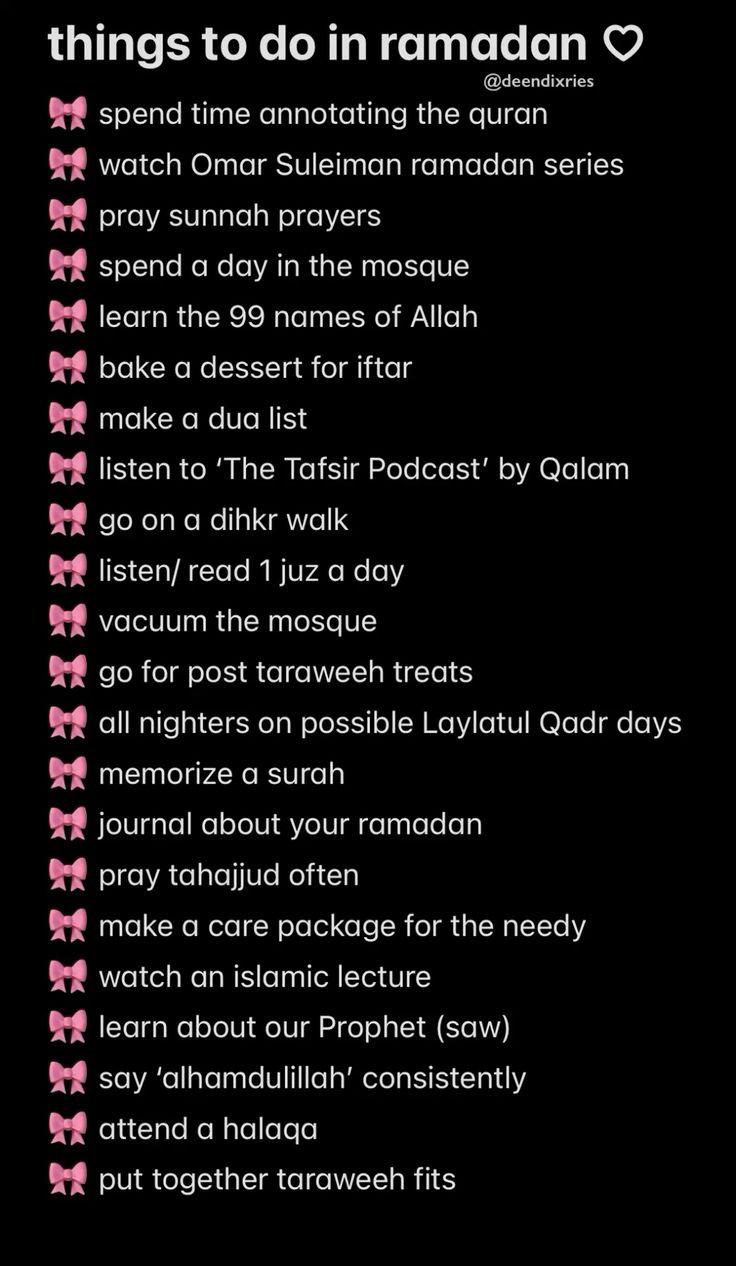
During fasting hours, dehydration can leave you feeling sluggish and exhausted. While drinking water is essential, you also need to be mindful of how and when you hydrate.
✅ What You Can Do:
- Drink plenty of water between iftar and suhoor. Aim for 8-10 cups of water throughout the evening and early morning.
- Avoid drinking too much right before bed, as it can disrupt your sleep.
- Eat hydrating foods like cucumbers, watermelon, and oranges at suhoor to help you stay hydrated throughout the day.
🔹 Pro Tip: Include electrolyte-rich drinks like coconut water in your post-iftar routine to replenish lost minerals.
4. Optimize Your Suhoor for Sustained Energy
Your pre-dawn meal plays a vital role in determining your energy levels throughout the day. Opt for foods that provide sustained energy to fuel your body during fasting hours.
✅ What You Can Do:
- Include complex carbohydrates like whole grains (oats, quinoa) for steady energy.
- Add protein (eggs, yogurt, lentils) to keep you feeling full longer.
- Include healthy fats (avocados, nuts) and fiber (vegetables) for optimal digestion.
🔹 Pro Tip: Avoid high-sugar foods at suhoor, as they can cause a sugar crash later in the day.
5. Set Realistic Goals and Be Kind to Yourself
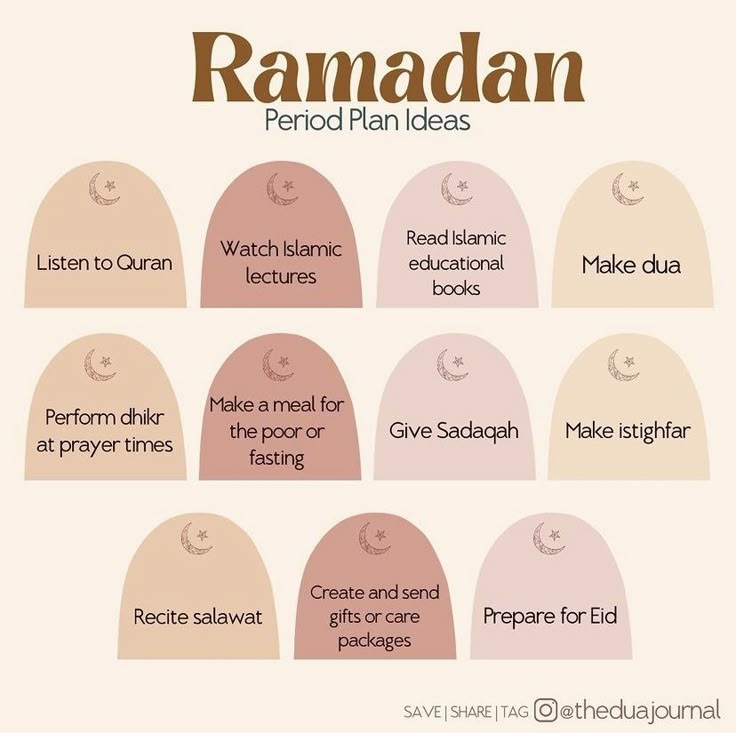
Ramadan is a time of spiritual growth, but it’s also important to set realistic expectations for yourself when it comes to work and productivity. Trying to do everything while fasting can lead to burnout.
✅ What You Can Do:
- Break tasks into smaller chunks and tackle them during the times when you have more energy—usually after iftar or before suhoor.
- Prioritize important tasks and leave less urgent activities for later in the day or the following day.
- Practice self-compassion—if you don’t get everything done, that’s okay. Focus on what matters most.
🔹 Pro Tip: Use tools like Notion or a simple to-do list to keep track of tasks and avoid feeling overwhelmed.
6. Take Power Naps
Napping can be a game-changer during Ramadan, especially if you’re not getting a full night’s sleep. A quick 20-30 minute nap can help boost your focus and energy levels without interfering with your nighttime sleep.
✅ What You Can Do:
- Take power naps during the day when you feel most tired—ideally, after duhr or asr prayers.
- Keep naps short to avoid disrupting your sleep cycle at night.
🔹 Pro Tip: Set an alarm for naps to avoid oversleeping and feeling groggy afterward.
7. Incorporate Gentle Movement
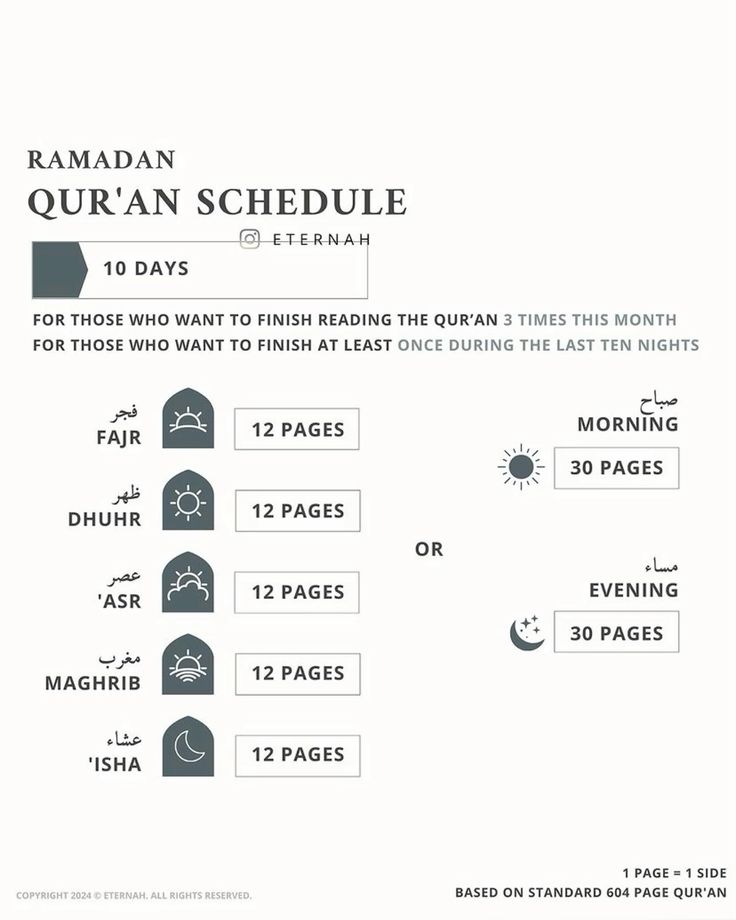
Light physical activity can help improve blood circulation, release endorphins, and boost energy levels. During Ramadan, moderate movement is key—think stretching, walking, or light yoga.
✅ What You Can Do:
- Take a 10-15 minute walk after iftar to aid digestion and improve energy.
- Try gentle yoga or stretching to relax your body before bed.
- Avoid intense exercise during fasting hours, as it can drain your energy.
🔹 Pro Tip: Include breathing exercises to reduce stress and increase your overall sense of well-being.
Final Thoughts: Balance Is Key
Ramadan is a time for spiritual reflection, but it’s also important to prioritize your physical well-being to stay energized and productive. By managing your sleep, hydration, nutrition, and self-care, you can maintain a balance between fasting and your daily responsibilities.
🌙 What helps you stay productive during Ramadan? Share your tips in the comments! 💬✨
No Responses